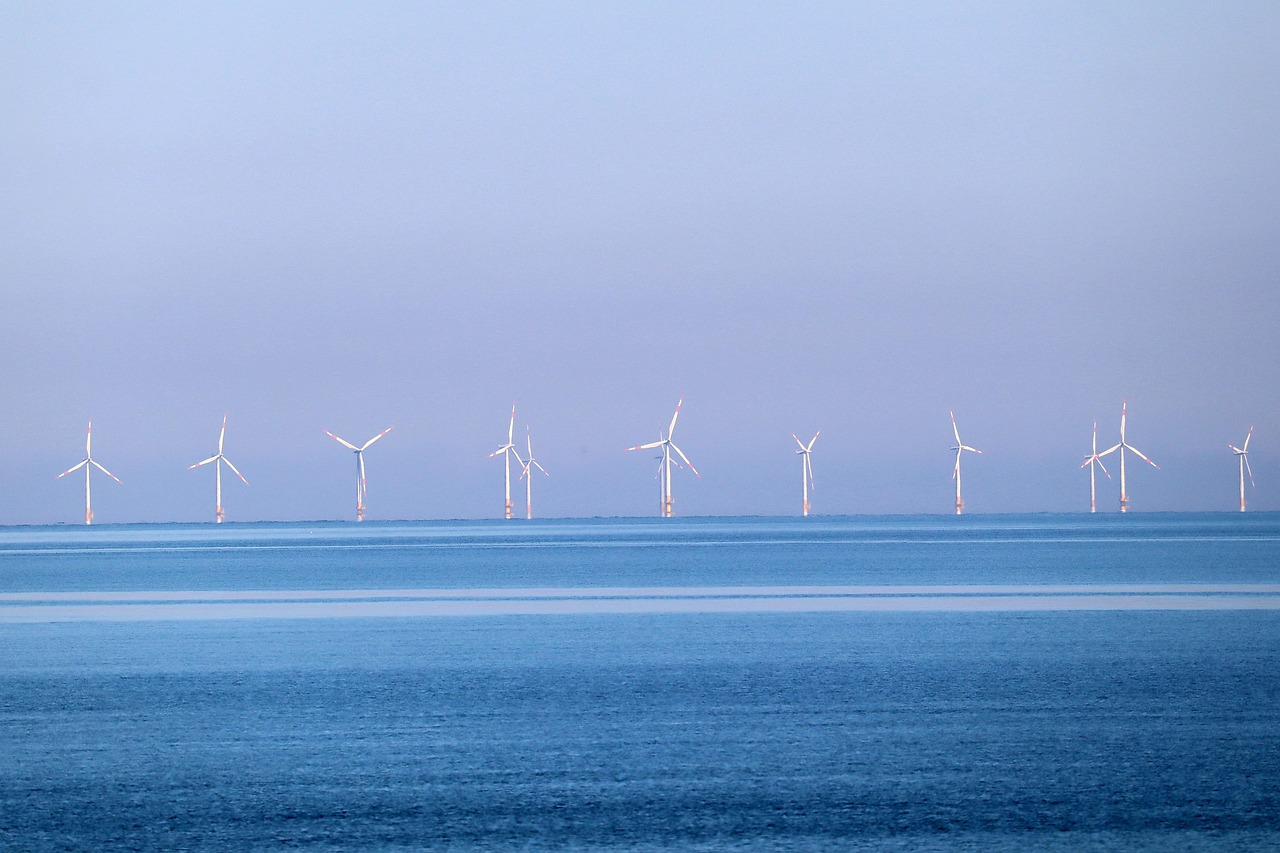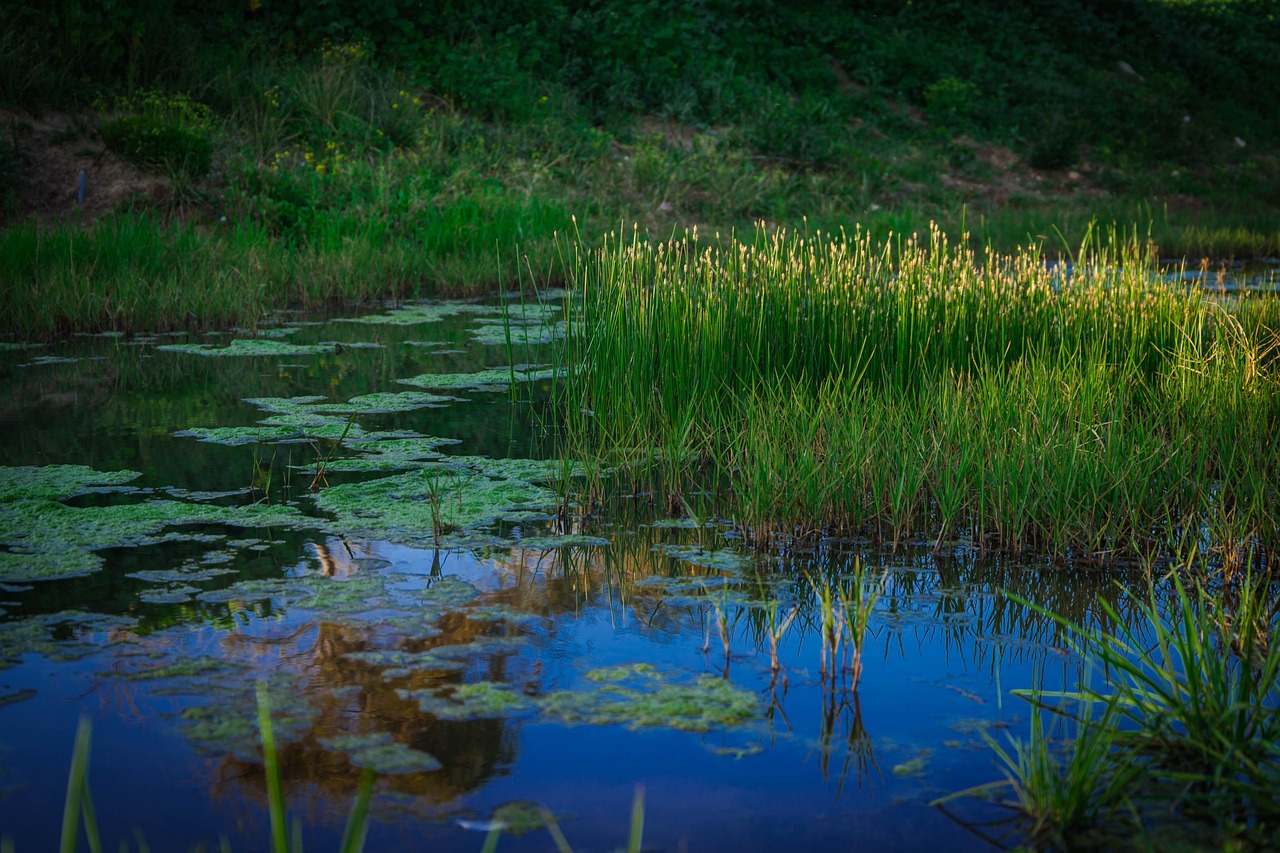
EU Blue Economy Report 2025: Transforming Growth into Ecosystem-Based Resilience
The 2025 edition of the EU Blue Economy Report, published by the European Commission in May 2025, offers not only a snapshot of the sector’s economic performance but also a strategic reflection on its trajectory toward long-term environmental and societal sustainability.
By Editorial Staff
28 May, 2025
Reflections for the TRANSEATION community from the latest European data
This year’s report marks a significant evolution: it shifts from narrowly tracking gross value added and employment to assessing how Europe’s blue economy is aligning with key EU policy priorities, notably the European Green Deal, the biodiversity strategy, and the climate transition. For stakeholders involved in hybrid blue-grey infrastructures, marine nature-based solutions (NbS), and ecosystem-based management — such as those of us working within the TRANSEATION project — this shift is both timely and encouraging.
Economic resilience meets ecological urgency
According to the report, the EU’s blue economy demonstrated strong recovery post-COVID, with €263 billion in gross value added (GVA) and 4.88 million jobs directly supported across sectors in 2023. Traditional sectors such as coastal tourism, fisheries, and port activities remain major contributors, while offshore renewable energy and emerging sectors like blue biotechnology, ocean energy, and desalination are expanding rapidly.

Figure 2. Offshore renewable energy – By Thomas G. from Pixabay
However, the report also acknowledges the critical environmental challenges threatening the long-term health of these sectors: climate change, habitat degradation, and pollution. These drivers of ecosystem decline are compounded by fragmented data, slow implementation of existing policies, and insufficient integration of ecological metrics into economic planning.
In this context, the report sends a clear message: growth alone is no longer the benchmark of success. Instead, the EU Blue Economy must evolve into a regenerative system that safeguards biodiversity, strengthens ecosystem resilience, and includes communities in co-creating sustainable solutions.
Nature-based Solutions (NbS): A central pillar of the new paradigm
One of the most notable developments in the 2025 report is the increased attention given to nature-based solutions. These are highlighted not only as complementary to infrastructure-based approaches but as essential tools in adapting to coastal risks, restoring marine ecosystems, and generating socio-economic benefits.
The report points to several key findings:
- NbS such as wetlands, dunes, and vegetated buffers are cost-effective over time, offering a benefit-to-cost ratio above 3.5:1 in many use cases.
- They deliver co-benefits beyond physical protection, including carbon sequestration, water purification, and recreational value.
- Integrating NbS into marine spatial planning requires early stakeholder engagement, cross-sectoral coordination, and robust performance criteria.
These insights reinforce the core vision of TRANSEATION: to demonstrate the effectiveness of marine and coastal hybrid blue-grey infrastructures, and to validate a new model of ecosystem-based management that integrates NbS, social engagement, and digital innovation.

Figure 3. Wetland – by Nadya from Pixabay
How TRANSEATION is responding to these findings
TRANSEATION is one of the few Horizon Europe projects directly addressing the operationalisation of NbS in marine and coastal infrastructure systems. Through its three pilot sites and multi-stakeholder methodology, the project is:
- Developing criteria to distinguish genuine NbS from conventional “greenwashed” interventions — a need explicitly recognised in the 2025 report.
- Advancing the integration of digital tools and citizen science, via platforms such as the COSEA app, to enhance monitoring and participatory governance.
- Analysing trade-offs and synergies between ecological restoration and socio-economic outcomes, including impacts on tourism, fisheries, and community well-being.
- Supporting the replicability and scalability of hybrid solutions by addressing gaps in existing frameworks (e.g. the lack of marine-specific green certification systems akin to LEED).
By anchoring these innovations in the real-world contexts of infrastructure planning and marine governance, TRANSEATION is actively contributing to the EU’s blue economy transformation.
Looking ahead: From sectoral performance to system-level transition
The 2025 EU Blue Economy Report calls for the sector to “look beyond economic output” and embrace cross-sectoral, long-term planning that integrates ecological thresholds and societal needs. It also emphasises the need for better data integration, harmonised metrics, and shared learning across projects and regions.
TRANSEATION stands ready to play a role in this shift. By bridging marine science, technological development, policy design, and community participation, we are helping to redefine what a sustainable, resilient, and inclusive blue economy looks like.
We invite fellow researchers, practitioners, and public authorities to explore the full report and engage with our upcoming consultations, toolkits, and policy dialogues.

